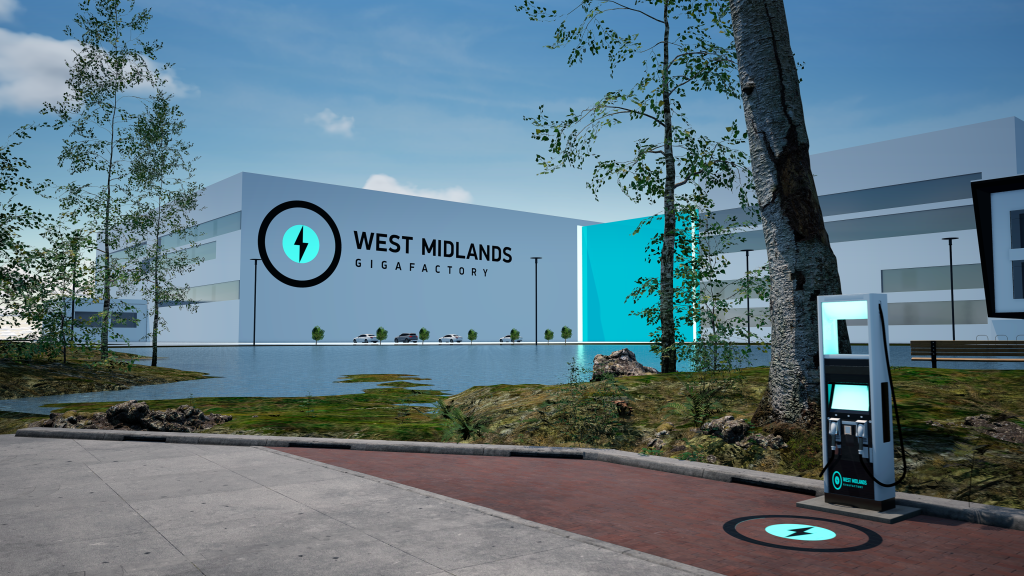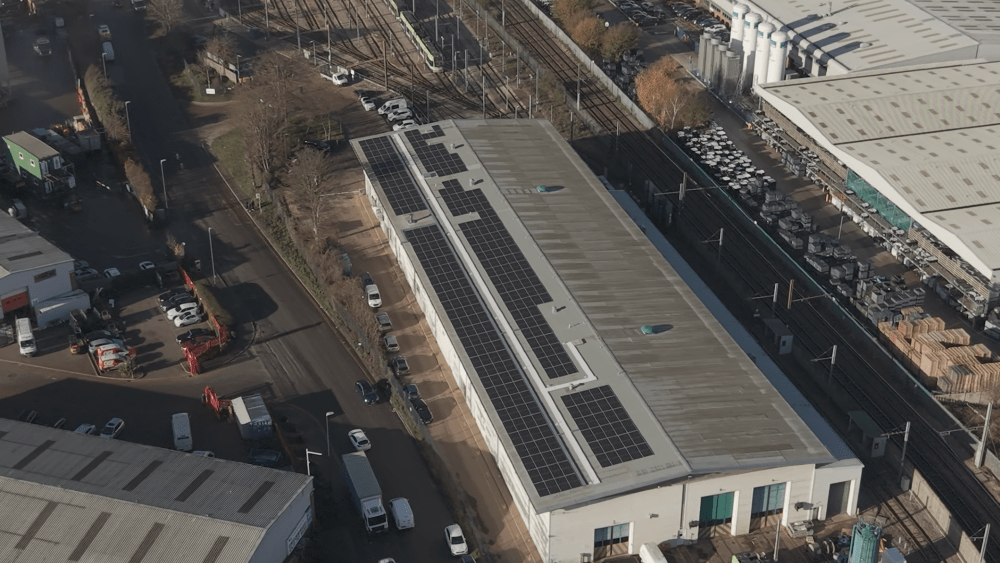Professionals from the clean transport and energy sectors have reacted to the news that EVE Energy is in talks to invest more than £1 billion in the West Midlands Gigafactory project.
According to a report in the Guardian, the Chinese manufacturer of electric vehicle batteries employs 28,000 staff worldwide and is understood to be in talks to construct a 5.7m sq ft gigafactory, which will form one of the main parts of the planned UK Centre for Electrification, an investment zone in the West Midlands.
The project could create up to 6,000 jobs in partnership with local councils and Coventry airport, where the plant will be located.
The Chinese company is thought to be considering committing an initial £1.2bn to the project, according to the Sunday Times, which first reported the discussions.
James Frith, Head of Volta Energy Technologies’ European Operations, said:
“It is reassuring to see more investment in the UK’s battery supply chain, this will help Britain to maintain a viable automotive industry in the future and build on the needed battery technologies. However, it is notable that it is once again an overseas company, adding to investments by India’s Tata group who own Agratas and China’s Envision group who own AESC. The government must now support the growing UK battery startup ecosystem, to make sure that while foreign companies are building capacity, it is UK technology that is used in the batteries these facilities will produce.”
Volta is a U.S. based VC fund focused on the battery supply chain.
Jonathan Carrier, CEO / cofounder, Allye:
“Coventry has worked tirelessly to build a viable solution at the current airport site. Their efforts should be celebrated. Together with UKBIC it cements the area as the heart of the UKs battery cluster. However, the UK government needs to think long term how to support the battery value chain with a cohesive plan to build resiliency.
“The UK is already late to the game. To avoid being a busted flush we need an integrated strategy from precursor materials through to recycling and repurposing. That’s why Allye is trying to bring a focus on the battery technology and economic value that already exists. We need to do better with our own resources and enable a strong battery ecosystem not just a gigafactory in isolation.”
Quentin Willson, Founder FairCharge, commented:
“Britain needs more battery gigafactories and the investment, jobs and economic activity that comes with them. Importantly, domestic built batteries will help ensure the 2027 EU Rules of Origin that mandate a significant proportion of a battery pack to be locally built, don’t result in tariffs that would make our EV exports uncompetitive. Our auto industry should welcome a new supply of battery cells that haven’t been shipped across the world but made here in Britain.”
Image courtesy of West Midlands Gigafactory.












